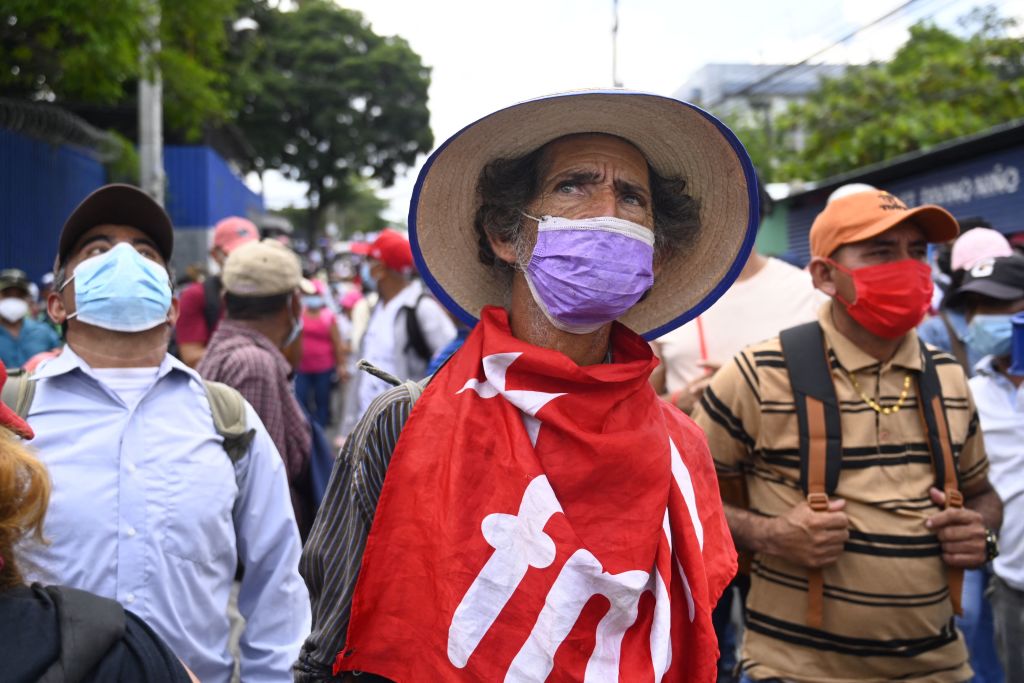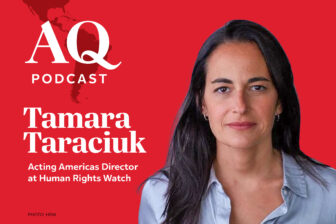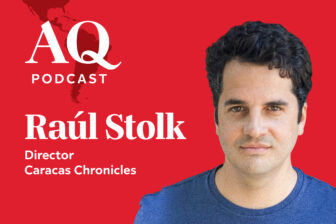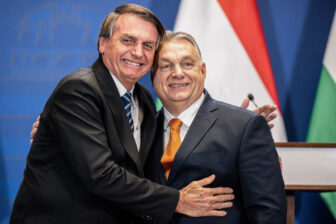El Salvador’s February 2021 legislative elections marked a watershed moment for President Nayib Bukele. His allies won a commanding supermajority in Congress, while the four opposition parties—Arena, FMLN, Nuestro Tiempo and Vamos—were left with a paltry 20 seats out of 84, giving them limited power to oppose the charismatic president’s agenda. Since the election, El Salvador’s opposition parties have been unable to push back successfully against any major initiatives. What explains the Salvadoran opposition’s struggles, and what are its prospects going forward?
Part of the equation is Bukele himself. Watchdog groups both inside and outside of the country have raised concerns about his centralization of power, achieved through dismissing top judicial officials, using the military to intimidate Congress and giving himself new powers through the implementation of the cryptocurrency bitcoin as legal tender. Most recently, the declaration of a state of exception has led to a suspension of rights and the arrests of nearly 35,000 Salvadorans.
But Bukele is one of the world’s most popular leaders, boasting an approval rating of 85% in the March CID-Gallup poll. That, and his all-or-nothing approach, makes him a tough opponent. As Ricardo Avelar, political editor at El Diario, put it, “The big reason there is no opposition is that Bukele destroys his enemies completely.”
These tactics enabled Bukele’s runaway electoral success in the first place. His rise was built on a rebuke of traditional parties, which he attacked for their dysfunction in government, corruption, and complicity with gangs. “Arena and the FMLN are not trash, they are worse than that,” Bukele said in a tweet.
Declining traditional parties
Despite the drubbing, in the past two years, neither party has undergone the kind of renovation necessary to position themselves as legitimate alternatives. In a January survey, only 3.4% of Salvadorans named the formerly powerful Arena as their preferred political party. Just 2.2% said the same of the FMLN, the former paramilitary group that reorganized as a political party after the civil war ended in 1992.
Still, Arena, as the second largest party in Congress, has the most potential to be a strong counterweight to the president. Within the legislature, however, their bench has been meek. “Most in Arena are lukewarm (on Bukele’s proposals in Congress),” said Avelar.
Arena is a right-wing party, but its platform has historically been customizable to individual members. This flexibility and diversity seems to be contributing to its demise. Roxana Lazo, a journalist with El Faro, told AQ that since 2019, the party has lost to Bukele’s party deputies in Congress as well as local leaders, causing its once-commanding territorial control to crumble.
Arena’s traditional rival and Bukele’s former party, the FMLN, is also seeing a hollowing-out of its ranks. Unlike Arena, the FMLN is more ideologically coherent and tends to be more disciplined, said Avelar. But factions within the FMLN have broken off to support Bukele, historic leaders have left the party and the base is disconnected from the leadership. For both major parties, a lack of financing is a growing problem.
Two new parties—Nuestro Tiempo and Vamos—each have just one deputy in Congress. The San Salvador-based organizations, anchored by the urban middle class, champion rule of law and democracy, but they have yet to resonate widely with the population. As Erick Ortiz, director of political affairs of Nuestro Tiempo said, “(Our progressive agenda) is probably not winning today, but we are gaining legitimacy to win electorally tomorrow.”
Where does this leave the opposition? Stigmatized, repressed and running out of resources, these parties are struggling to survive, let alone mount a mass opposition movement. Individual legislators—such as Deputies Claudia Ortiz, Rene Portillo Cuadra or Johnny Wright Sol—have tried to use their social media and press savvy to inspire Salvadorans. None of their approval ratings topped 13% in a recent poll.
The opposition’s bind
The battle over the state of exception showcases the opposition’s bind. As a response to a spike in violence in late March, Bukele proposed measures that restrict constitutional guarantees like the right to assembly and the right to a lawyer. They were quickly approved by the Assembly and have now been extended twice.
Opposition deputies voted against the measure both times. But popular support is high—91% according to a CID Gallup poll—as citizens felt action had to be taken against gang violence and the opposition risked appearing flippant toward the country’s homicide crisis or, worse, complicit with the gangs. As Ortiz explained, “What Bukele’s doing is seeking to polarize: We, who fight gang members, are the good guys, and you who defend human rights, defend gang members.” Another complicating factor was that both Arena and the FMLN had either proposed or promoted states of exception while in power themselves.
So far, Lazo sees the state of exception as a missed opportunity for the opposition. “They were useless with this vote,” she explained. “They had no political impact. There were great opportunities for (grassroots organizing), but instead they just did press conferences.”
But outside the parties, there are seeds of dissent growing in other spaces: the media, universities, churches, the Salvadoran diaspora and civil society. And in September 2021, protests coinciding with the country’s bicentennial saw up to 50,000 Salvadorans marching in the street against the president. “It was massive, and it was diverse. People were angry, and yet you could feel there was some sort of awakening,” said Avelar. In response, Bukele stepped up his repressive techniques, temporarily banning mass gatherings and threatening to use tear gas against demonstrators in the future.
In 2024, there will be a rare alignment of the presidential and the legislative elections in El Salvador. Bukele is expected to run for a second term and expand his party’s control of the state even further. To challenge the president effectively, the opposition parties will need to seize the opportunity to conjure a convincing narrative, renovate their brand and build out a network of grassroots support.








